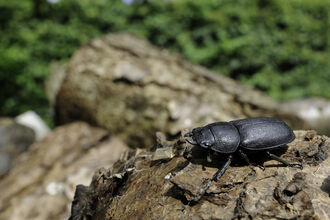
The living dead
Tim Hill, Conservation Manager with Herts and Middlesex Wildlife Trust, is an enthusiast for dead and rotten wood and the animals that depend on it. Read on and find out why decaying trunks,…
Photo credit, Darin Smith

Tim Hill, Conservation Manager with Herts and Middlesex Wildlife Trust, is an enthusiast for dead and rotten wood and the animals that depend on it. Read on and find out why decaying trunks,…
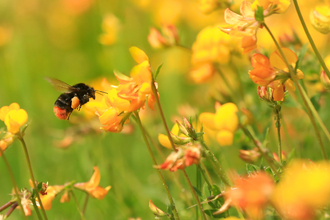
This is the first time in five years that an emergency authorisation of Cruiser SB – which contains the neonicotinoid thiamethoxam – has not been granted Government approval for use on sugar beet…
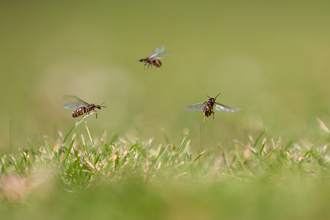
Sara Booth-Card, ecologist, peatlands and Action For Insects campaigner at The Wildlife Trusts, looks out for the telltale signs of flying ant days and shares her love for the underground world of…
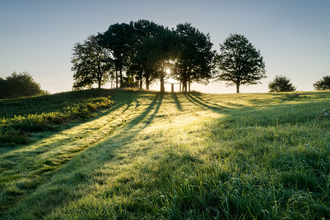
2021 is a big year for international conferences, and the UK is playing a big role in them. The G7 summit in June in Cornwall, the COP 26 Climate Conference in Glasgow in November, and just as…
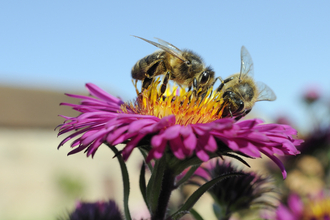
On 8th January the UK Government took a decision that could have far-reaching consequences for our insects. This was to allow farmers to treat sugar beet seed with the banned substance…
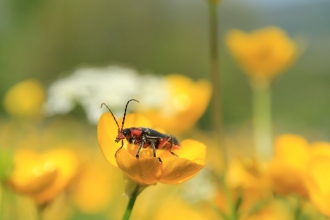
DWT's CEO, Harry Barton, reflects on the loss of insects globally and why we should care
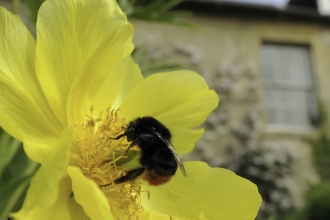
87% of all plant species need animal pollination and most of this is delivered by insects. Around three-quarters of all crop types grown by humans need to be pollinated by insects. If we want to…
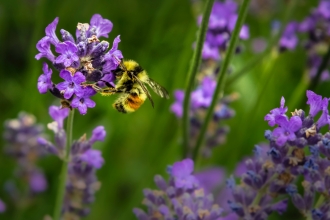
Often, if the subject of insects is raised, our instinct is to squirm. Insects don’t have the appeal of little hedgehogs snuggled in the autumn leaves or fox cubs playing in the grass, and yet…
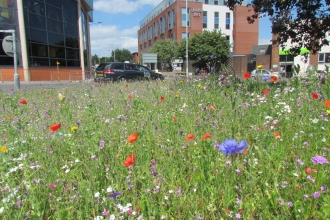
Where and why have we pushed wildlife to the edges of society, and how can we bring it back?